Features
EXCLUSIVE INTERVIEW: Nigerian born Rights Lawyer, Broadcaster and Actor, Jake Effoduh talks #FreeAndEqualNaija Campaign, Activism, Abuja Global Shapers, Travelling the 36 States of Nigeria and more…
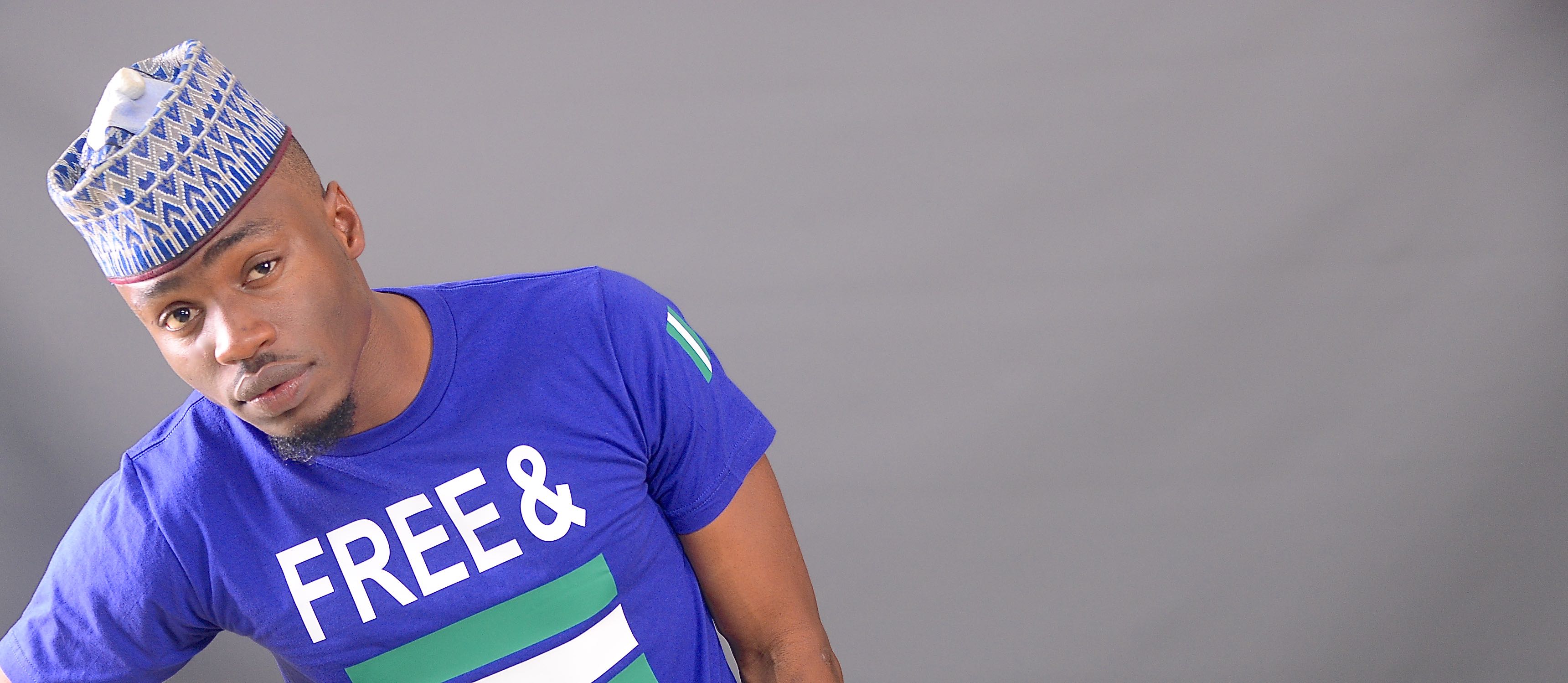
To mark International Human Rights Day which happens to be today, I had the opportunity to speak exclusively with Jake Effoduh ranging on the #FreeAndEqualNaija awareness campaign, Activism, Travelling all 36 states of Nigeria and so much more…
Jake Effoduh is the founder and president of the Lawyers League for Minorities in Nigeria (LLMN), a community service organization that provides free legal human rights services.
He is the Assistant Director of the Council on African Security and Development (CASADE), a research-driven collectivity of experts that offer guidance and strategy to African organizations. Outside the realm of legal practice, Effoduh has for more than a decade used traditional media for social justice causes and human rights advocacy in Nigeria. Since 2006, he has been anchoring a radio magazine that airs on over 150 radio stations in Nigeria with than 30 million listeners tuning in weekly.
See below for the full explosive and very informative interview:
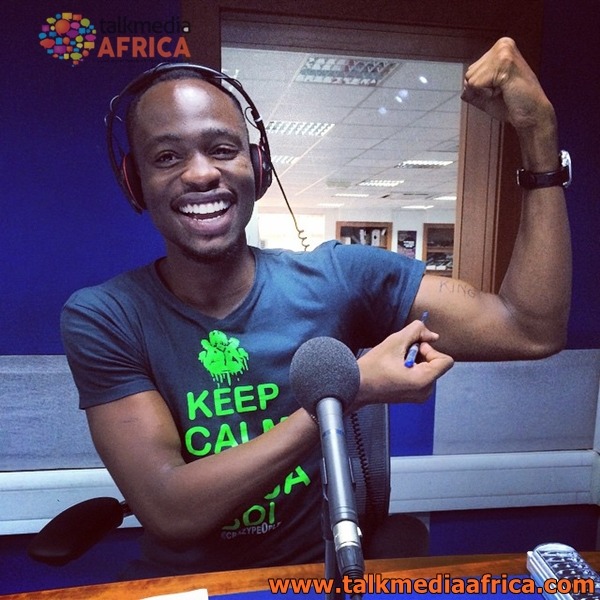
Hey Jake! Would you like to introduce yourself to our readers?
My name is Jake Okechukwu Effoduh
Talk me through an average day in the life of you?
On a typical workday I could spend my morning in court, afternoon recording in the studio, and my evenings having meetings with clients, or eating in a local restaurant with friends. I don’t have a regular routine but a day in my life involves work and meetings, replying emails, eating a variety of food items and making sure I grab at least seven hours of sleep.
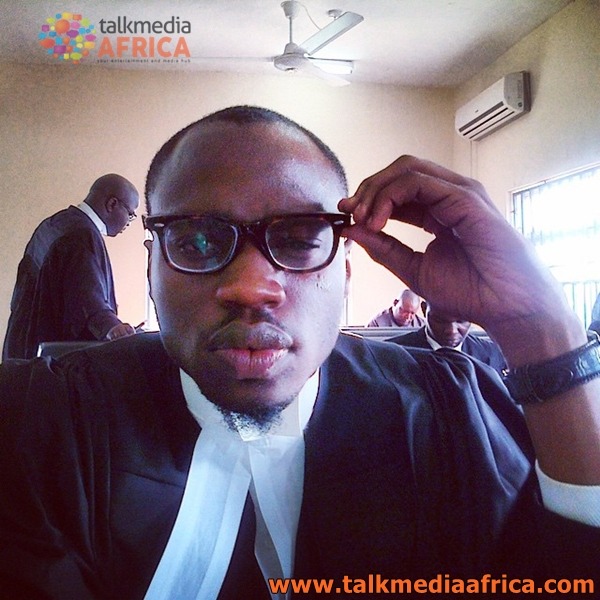
What institution(s) did you attend and what did you study?
My secondary education was from Federal Government College Minna in Niger State. After secondary school, I spent some years at home, like most of us did, waiting for Jamb to favour me (Laughs). And when it didn’t, I did a two years diploma in Law at the prestigious University of Abuja after which I proceeded to do a degree in Public and International Law. I obtained my LLB in 2010 and was called to the Nigerian Bar in 2012. I advanced to do my masters in Law at the University of Oxford and I am graduating this week!
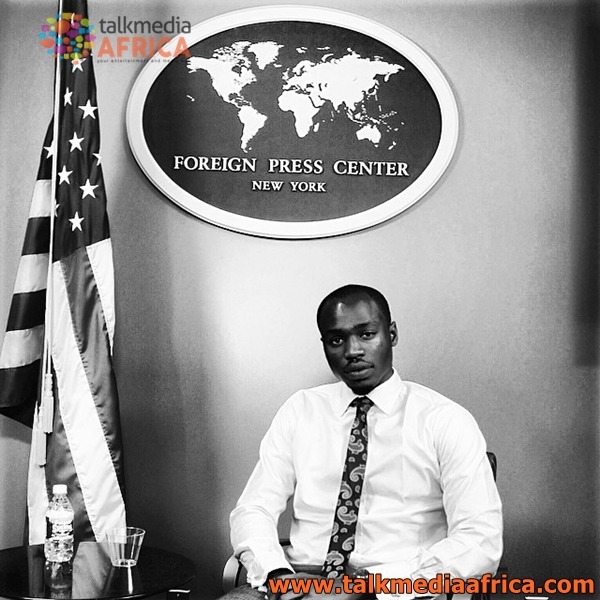
When, how and why did you venture into media?
I actually never grew up thinking I was going to be a media person. As a kid I only remember wanting to be a teacher but when I got into the University I needed a job to augment my education so I tried quite a few things that fetched me some change: I choreographed for artistes, I sold lyrics, I organized shows and acted stage plays. In 2006 I heard of an audition for a radio presenter role and I went for it. Radio had always fascinated me and I gave it a try, since then I have been on radio. I was only 19 at the time.
Congrats and how does it feel being the “2016 African Broadcaster of the Year”?
I feel very honored. Thank you.
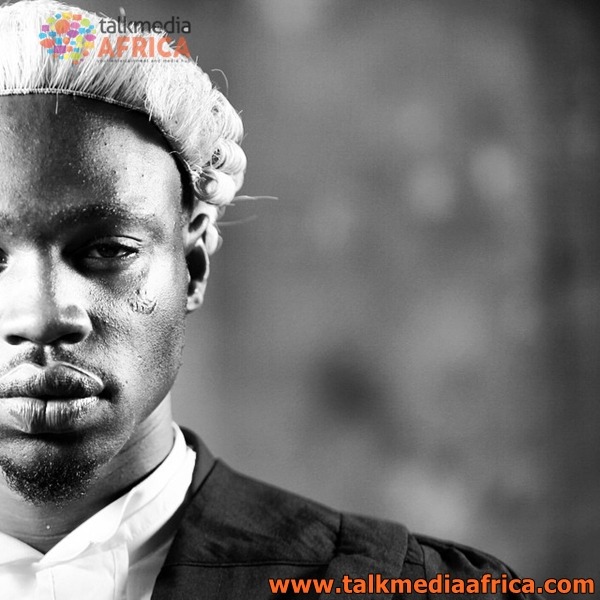
You are presently one of the hosts of one of Nigeria’s biggest radio show, “Talk Your Own Make Naija Better”, which is aired on about 115 Radio stations across Nigeria with about 24 million listeners weekly. What’s the show all about and what’s the response?
Talk Your Own Make Naija Better is a national radio programme giving Nigerians the chance to become more informed and discuss the issues affecting them and their country. It is one of the outputs of the BBC Media Action here in Nigeria.
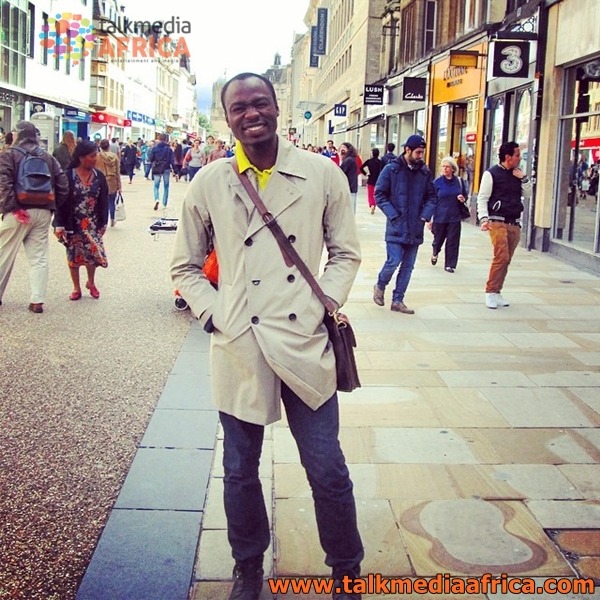
What is #FreeAndEqualNaija about?
#FreeAndEqualNaija is a one-day campaign that is set on the International Human Rights Day of every year to educate and engage Nigerians on human rights issues, especially as it affects marginalized groups such as persons living with disabilities and LGBTI Nigerians. The Campaign is an adaptation of the United Nation’s ‘Free & Equal’ campaign for LGBTI equality and aims to give prominence to the protection of the rights of minorities in Nigeria.
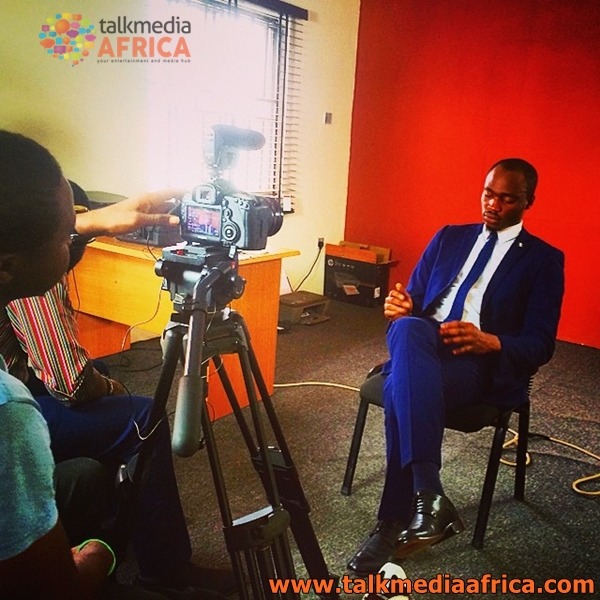
Knowing that issues around sexual orientation is not very welcome on Nigerian media, what has been the success of this campaign?
We started the Campaign in 2014 with some uncertainty as to how Nigerians will respond to it but it turned out very successful. Newspapers and blogs published many articles on the campaign and thousands of individuals were able to share their personal stories online. In 2015, the campaign engaged over a million Nigerians online with conferences and debates on Facebook and Twitter. Beyond social media, we also utilized traditional media to enable people, especially people in local communities share their human rights stories. Seven radio stations conducted programs around the country with interviews featuring people who have suffered abuses and their journeys in trying seek redress or safety. I was personally engaged in a national television interview with the Minister of Information which gained a lot of traction. However, we don’t have evidence to categorically posit that the engagement on these platforms has helped in changing people’s views on the rights of LGBTI individuals, but I can say for sure that for the first time through this campaign, millions of Nigerians have gotten the opportunity to talk and engage on such issues.
This is the 3rd edition of the campaign and it seems to be growing bigger in terms impact. What are some of your lessons learned?
Social media gives LGBTI Nigerians the freedom and anonymity to air their views and share their stories with minimal fear and restrictions. It is also easier for allies to show support and take part actively in the campaign by asking them to use whatever social media platform is suitable for them. Surprisingly also, the campaign has been run since inception with no funding or financial expenditure. The #FreeAndEqualNaija Campaign has demonstrated the impact of using Twitter chats, personal stories and interviews to share and educate one another on human rights, especially by driving the need to include sexual orientation and gender identity issues into the Nigerian Human Rights framework.
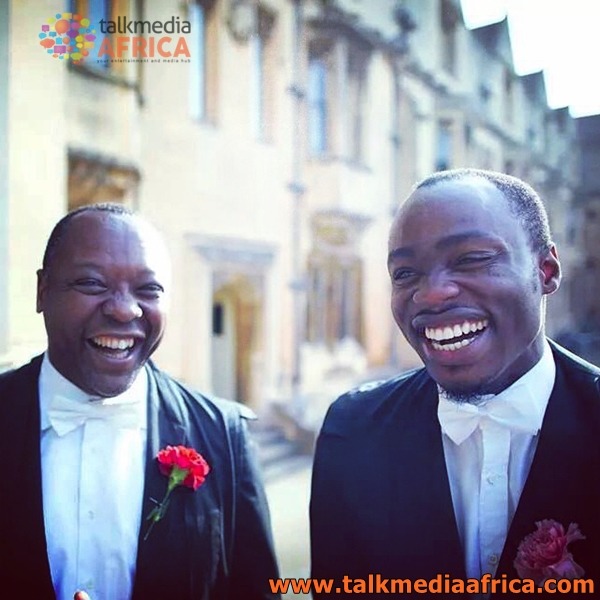
What motivated/inspired you to go into Activism?
Life. Life made me become an activist. I was told as a kid that if I didn’t like something, I should work towards changing it no matter how mountainous it seems. The inequalities and injustices in today’s world persuaded me to be an activist.
You were the Curator of “Abuja Global Shapers”, what the group all about?
Global Shapers are highly motivated individuals who have a great potential for future leadership roles in society. They are selected on the basis of their achievements, leadership potential and commitment to make a difference. Through the Global Shapers Community, Shapers are provided with opportunities to connect with the worldwide network of Global Shapers, to network with other World Economic Forum communities and to represent the voice of the youth at the World Economic Forum events. Shapers are united by a common desire to channel the members’ tremendous energy and enthusiasm into building a more peaceful and inclusive world. The Abuja Global Shapers Hub is made up of exceptionally talented and diverse young Nigerians who are exceptional and have achieved great strides in fields ranging from agriculture to developmental economics, transportation, foreign service, politics, law, innovative technology, renewable energy, sports etc. As a Hub we have launched several initiatives that have affected millions of lives in Abuja and across several states in Nigeria.
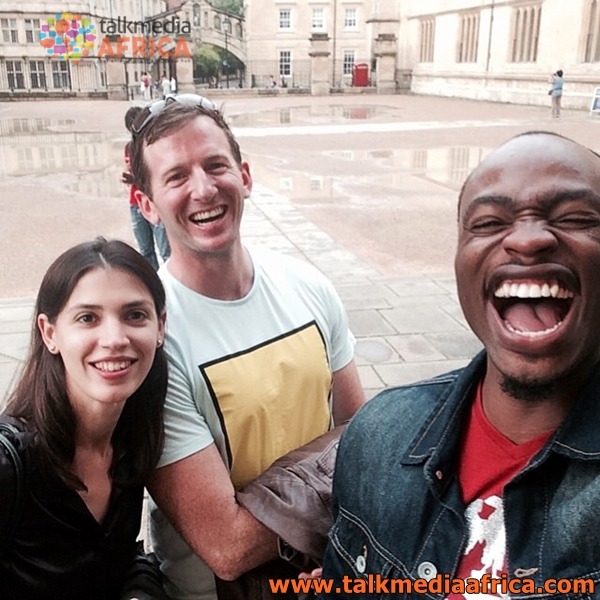
Do you miss practicing law?
I still practice law. I don’t know if I can do away from practice.
How do you balance your personal and professional life?
There is nothing to balance really. I try to intersect my job with the things I have a passion for, and I try to ensure that I maximize happiness whether it’s in my personal life or at work.
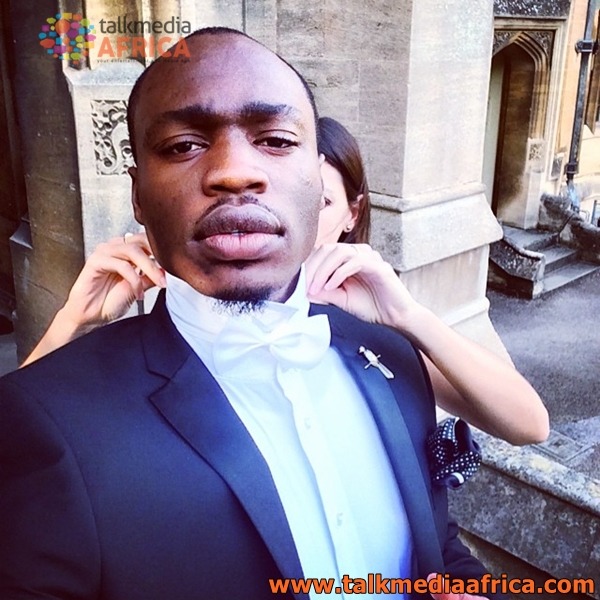
What do you do to stay in shape, do you go to the gym?
Not yet but I plan to start working out soon. I like to swim and I take long walks when I want to clear my mind or talk to myself. I guess that also counts for staying in shape right? (Laughs)
In one word, how would you describe the media industry in Nigeria?
Thriving
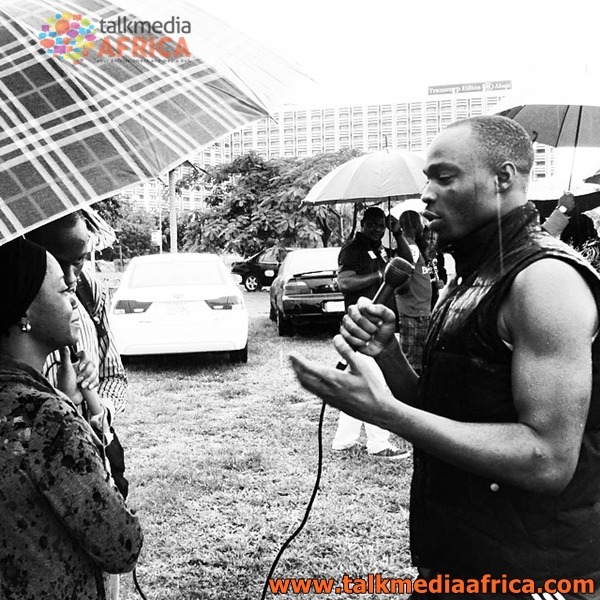
What do you consider the most common stereotype about the media industry?
Some people still assume that the media industry is not professional enough or that media professionals are not as serious as doctors or astronauts.
What aspect surprised you the most once you started working in the media?
How easy it was! I was shocked to realize that doing an interview on radio is the same thing as gisting. The emotions and human input required is almost the same: you listen, you ask the right questions and you give feedback.
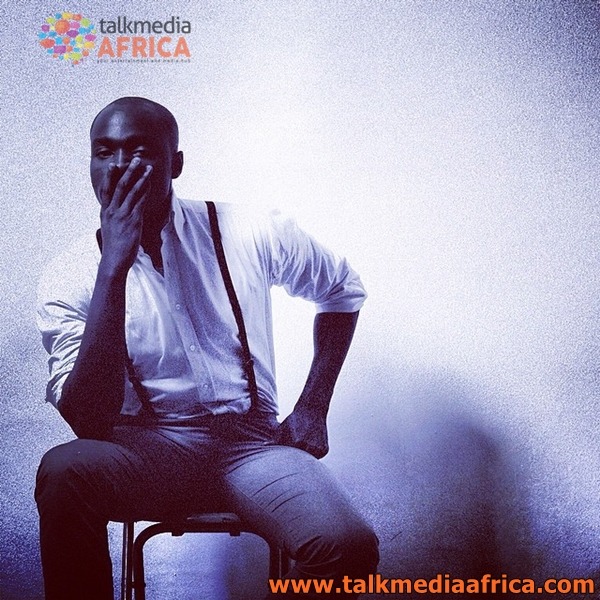
Is there anything you would like to change about the industry?
Well, none that I can think off. The industry is a huge moneymaker despite the fact that it is still growing in Nigeria. Also, people need to realize quickly that no human being in today’s world can live outside the media, so people who say things like “I’m not a media person” are just in denial of an industry that affects them directly or otherwise.
Which brands, clients, etc, have you worked with?
My clients are very diverse. Sometimes I amaze myself at the kind of work I do as a lawyer. I have clients ranging from record labels to market women union, farms, political parties and NGOs. And regarding brands, I have worked with so many.
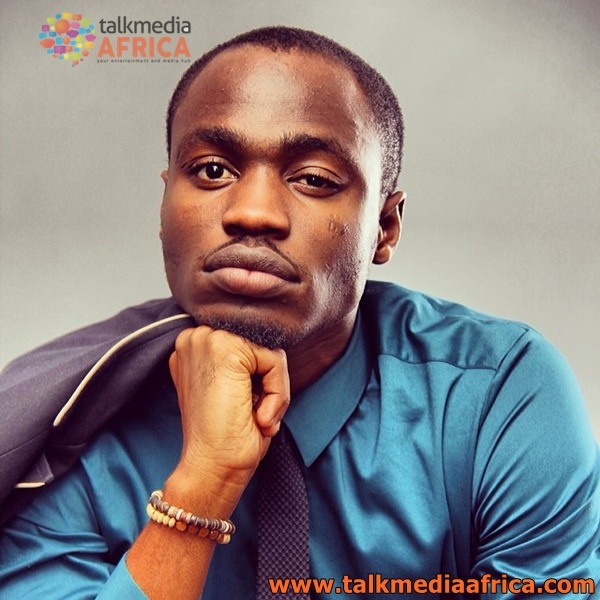
What do you consider your biggest professional success so far?
Being a radio presenter
Who do you want to work with that you haven’t yet?
Lorne Michaels
Tell us two things people don’t know about you?
Not many people know this but I am a stammerer and… I have been eating cereal every morning for the past 7 years.
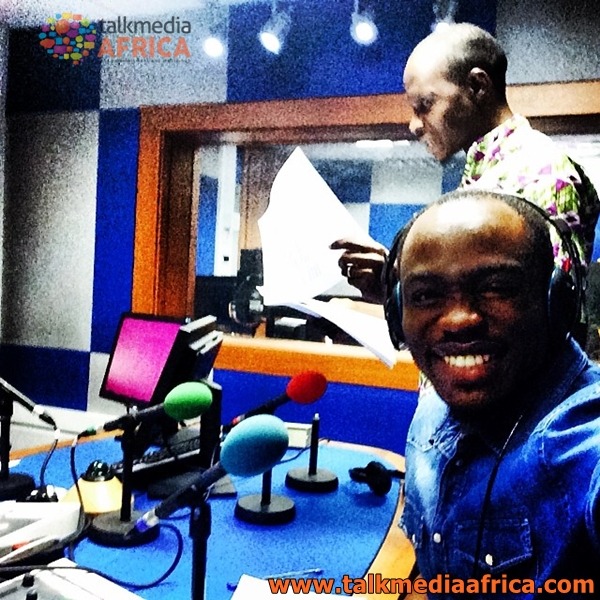
You are very active on social media. Do you think its important to be online and if so why?
I never woke up one day and said, hey, I want to be online. I just found myself online! It’s almost compulsory you know. How many job applications do you send via envelopes these days?
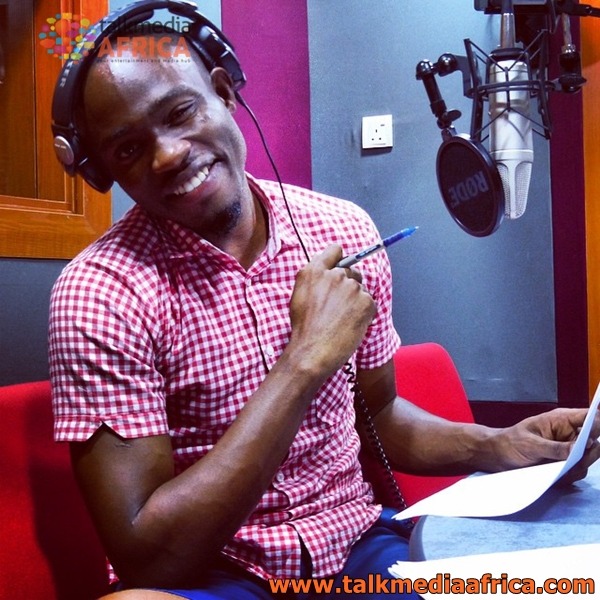
You moved from Lagos and now based in Abuja, Nigeria. How is that working out for you?
I moved to Abuja with my family when I was 6. I have lived in Abuja for 23 years now and I have loved every day in it. Abuja is my home. Compared to Lagos, Abuja is serene, sane, safer and less populated. Whenever I travel out of Abuja I always countdown to my return.
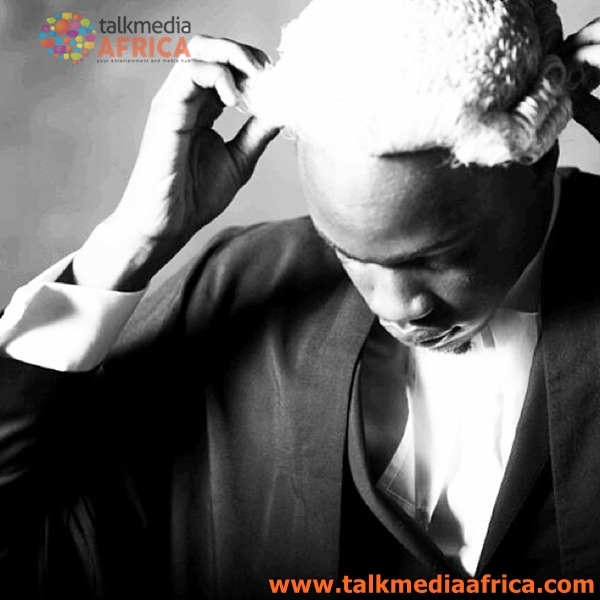
Noticed you love traveling, what are your must visit destinations?
Abuja. (Laughs). In Nigeria I have visited all 36 states and I have done that twice. Every state is unique and I can tell you what I love in each state, however I never get tired visiting Cross River, Anambra and Bauchi. Outside Nigeria, I like Stockholm, Oxford, Washington D.C and Banjul.
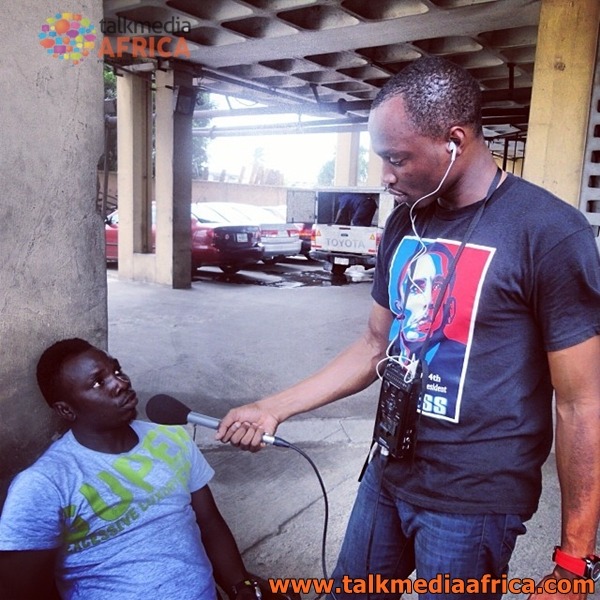
4 things we should take seriously about our style choices?
1. I am not a stylist but I sure know that when it comes to clothes, your comfort is key.
2. Clothes are a good way to express personality
3. I don’t believe so much in rules.
4. Most importantly, wearing a nice smile is far better than wearing an expensive shirt.
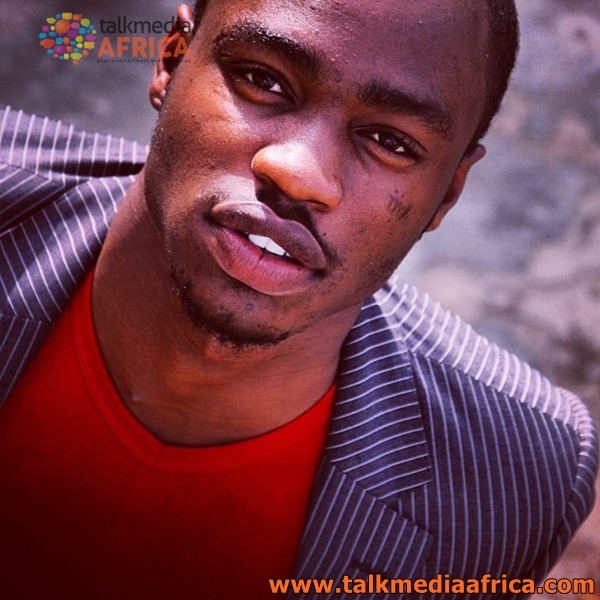
How would you describe your style?
I am a sartorial non-conformist. I wear what I feel like wearing and not what the occasion says I should wear.
What style genre appeals to you the most?
Business casual
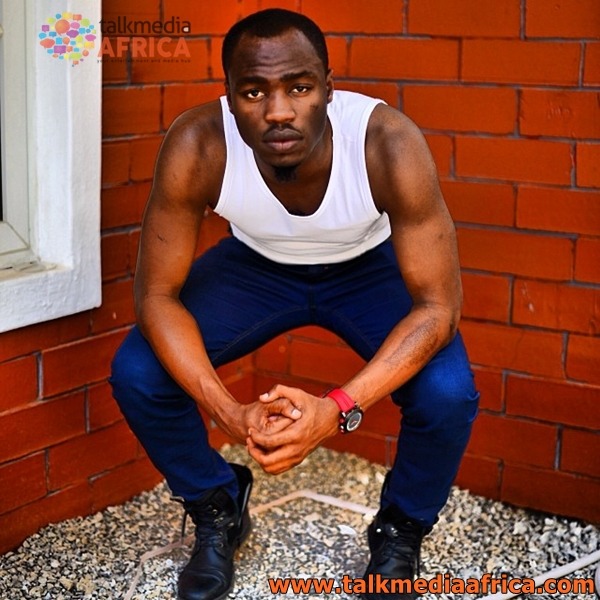
What has been your biggest challenge?
My biggest challenge is growing up. I don’t like it (laughs)
Name your five must have accessories/essentials?
I don’t think I have up to five but a wristwatch is a must for me. I don’t care if my iPhone carries all the time zones, I don’t like my wrist feeling bare. Another must have is a clean white handkerchief. Call it old fashioned but it really comes in handy sometimes.
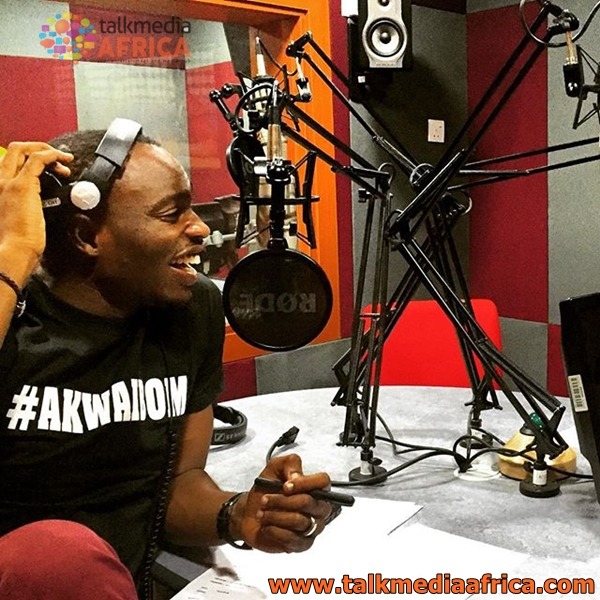
What is your favorite dish?
Eba. I eat it every night.
What songs are currently on your playlist?
Runnin’ (Lose it all) by Naughty Boy and Osinachi by Humble Smith.
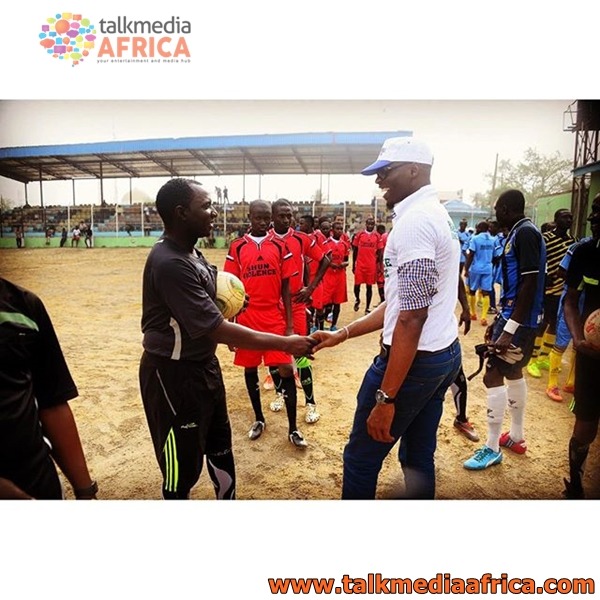
Apart from activism, radio presenting and law, what other projects are you currently working on?
Is that not enough? (Laughs). Anyways, few colleagues and I just set up an NGO: The Climb Charity. We seek to ensure no child under the age of 12 in the Capital of Nigeria is out of school by 2022.
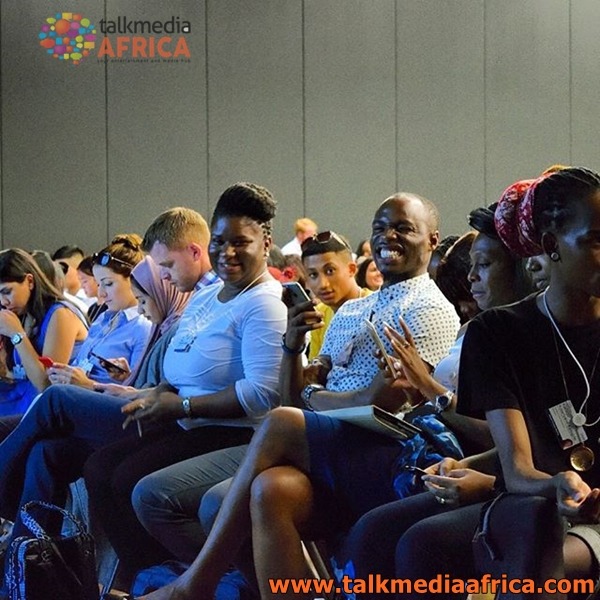
Seeing you’re doing your dreams, what advice can you give others to pursue their dreams?
I tell younger folks: do whatever your hands find to do and do it well. Always keep a positive attitude and it is better to ‘be’ than ‘become’.
Any specific plans for the future?
I want to advance my education and do projects that will impact more lives positively.
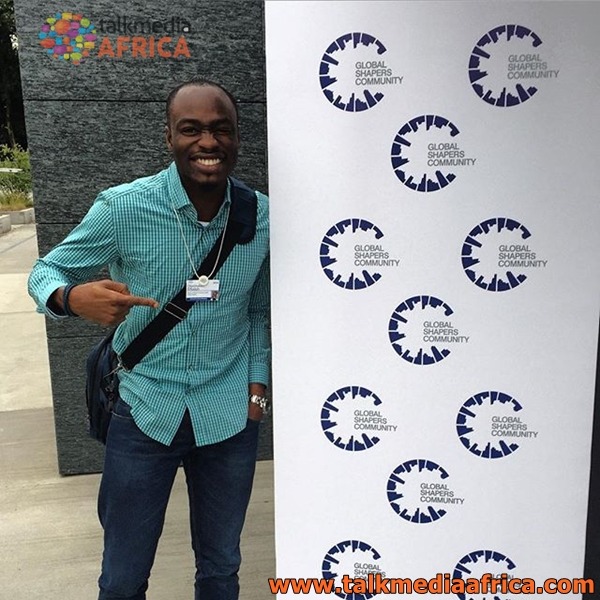
Any final words?
I want to say a big thanks to you for interviewing me on this platform. I am grateful.
Where can we follow you online and on social media?
I am on Instagram, Twitter and Periscope with the handle @Effoduh. On Facebook I am Jake Okechukwu Effoduh.
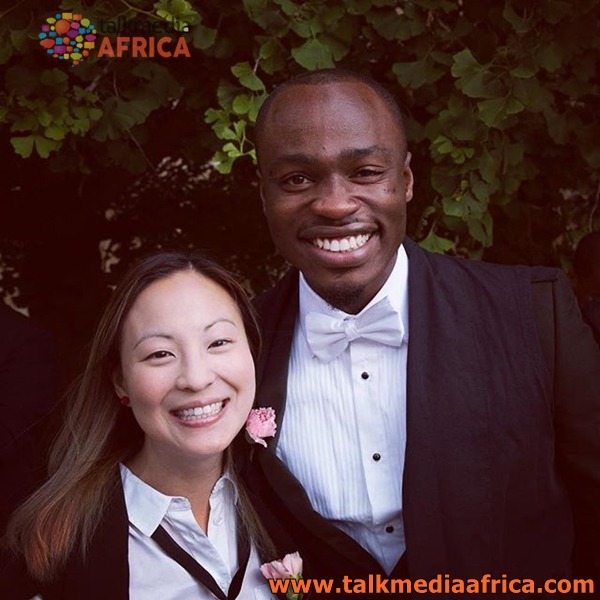






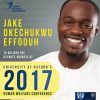
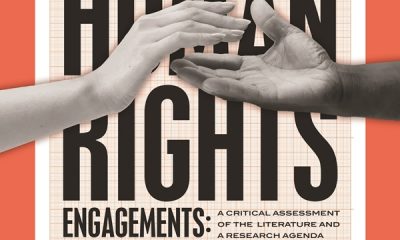
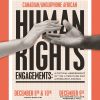


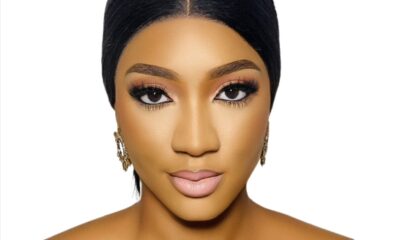
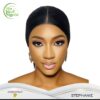
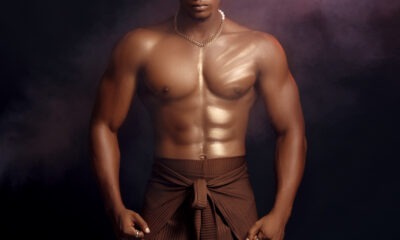
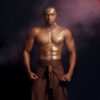
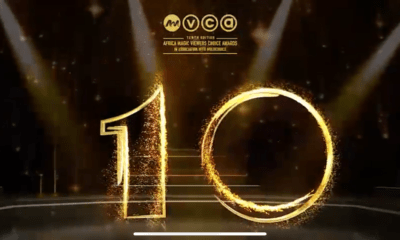

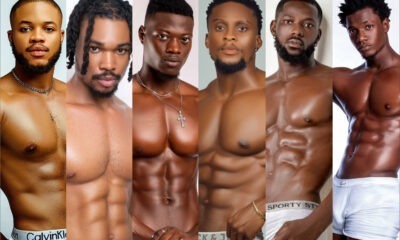
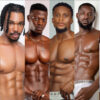
Recent Comments